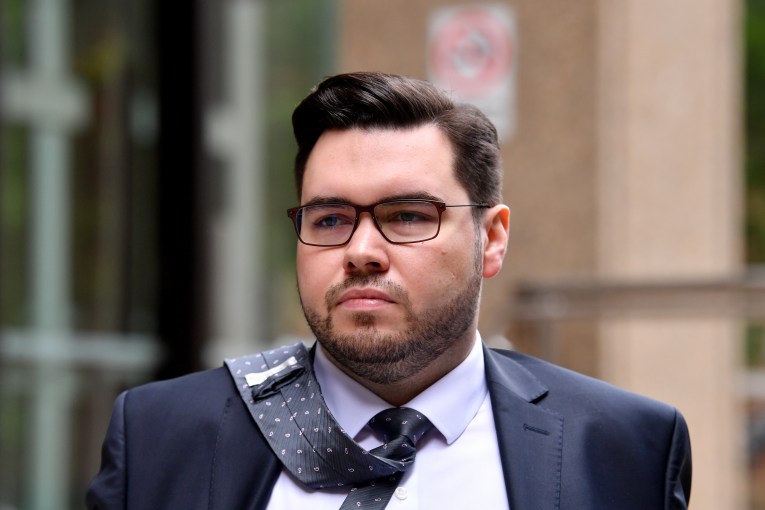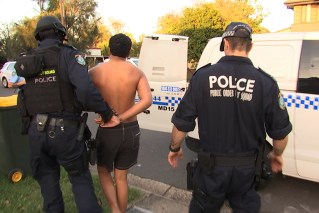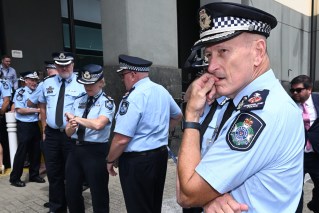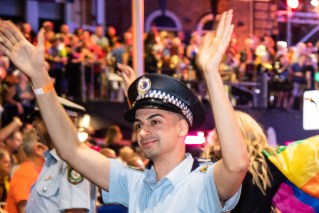Domestic violence reform talks will wait on funeral
Queensland Premier Annastacia Palaszczuk will wait until after the funeral of Hannah Clarke and her children before discussing changes to the state’s domestic violence legislation.
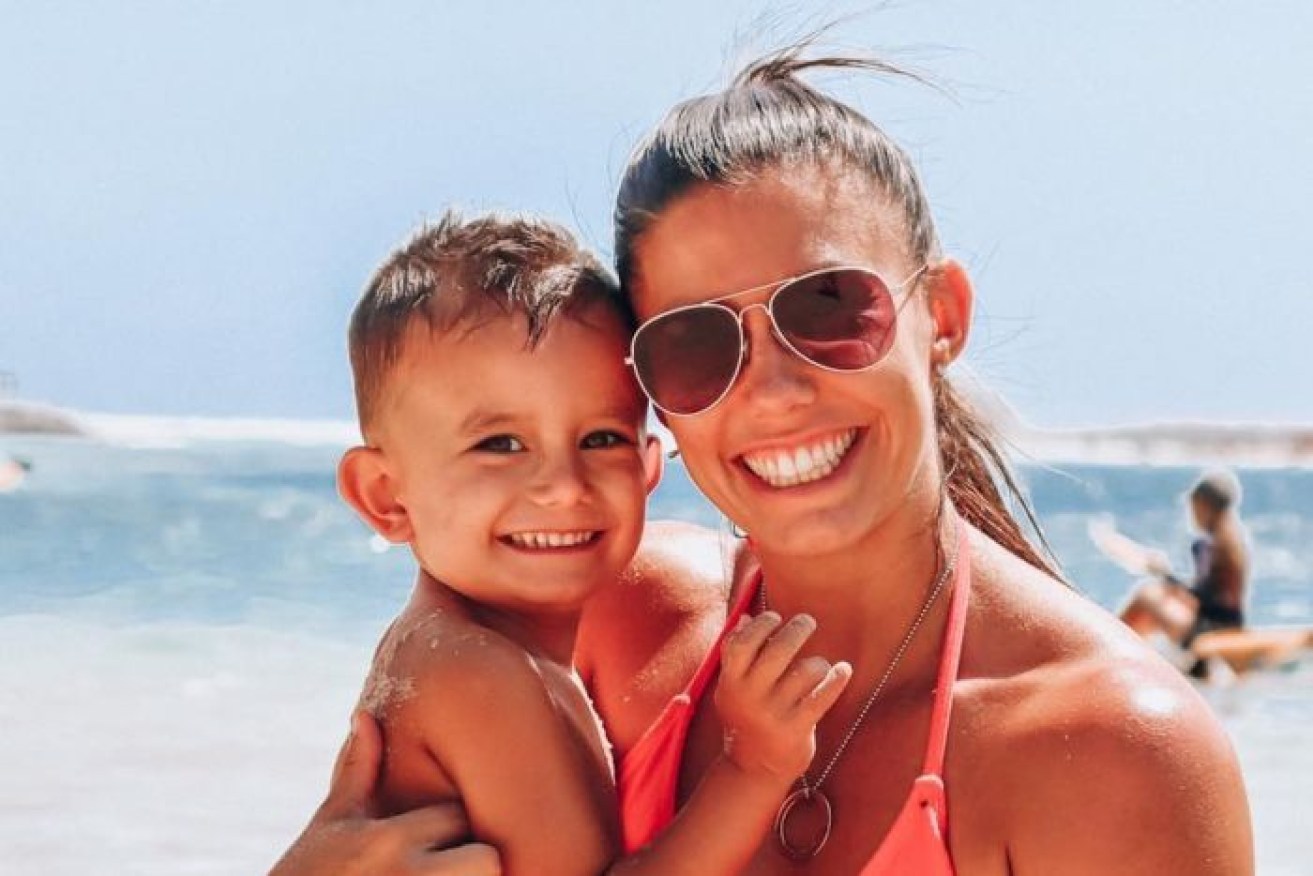
Domestic violence murder victim Hannah Clarke with her son, Trey.
The Queensland Women’s Legal Service announced this week an urgent priority list of reforms and the LNP has proposed tough law reforms.
Asked about the LNP’s proposals, Palaszczuk said she wanted to work with the Opposition but didn’t want to get involved in a political debate on the matter until after the funeral.
“I will look at the Opposition’s issues, and I always take a bipartisan approach when it comes to acting on domestic and family violence,” she said.
“I’m not going to get involved with politics at the moment.”
The deaths of Clarke, 31, and her children Aaliyah, 6, Laianah, 4 and Trey, 3, as well as their killer Rowan Baxter, will be the subject of a Coronial inquest. The use of Domestic Violence Orders will come under scrutiny, after it was revealed Baxter had ignored police requests he stay away from his estranged wife. In one-third of all domestic homicides in Queensland, a DVO was in place.
While Queensland had overhauled domestic violence policies, some new, internal proposals remain under consideration, including support for at-risk people.
Opposition Leader Deb Frecklington put forward a proposal to enforce harsher penalties for those who commit domestic and family violence acts.
Among the proposals were laws against acts that made people feel controlled of dependent on another person.
Frecklington called on the government to consider a full review of the criminal justice system in relation to domestic violence.
She also proposed more assistance for domestic violence survivors, including one-off emergency assistance grants of up to $2000 to help families leave dangerous situations.
“We owe it to Hannah, her three children, and the countless other victims and survivors of domestic violence to do whatever it takes to make Queensland safer,” Frecklington said.
Frecklington said coercive control was a criminal offence in the United Kingdom and many domestic violence victims were controlled by a range of means, including via their mobile phones.
-AAP
